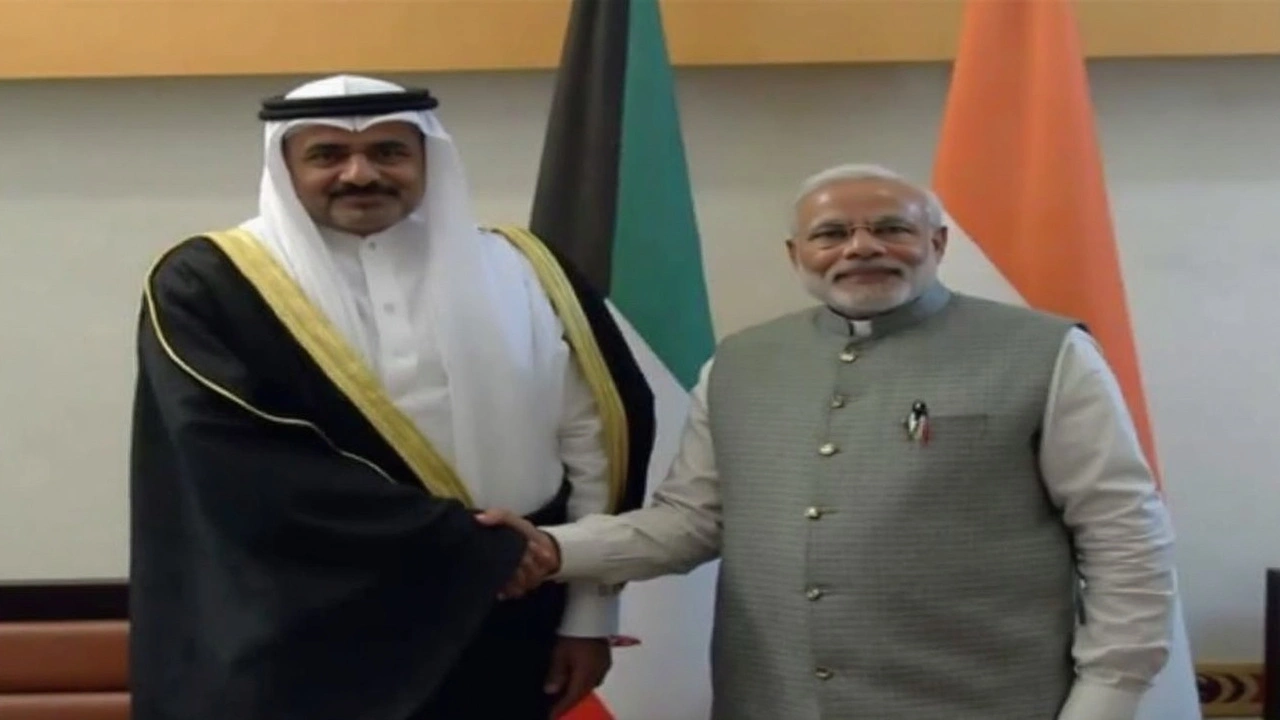Muslim-Majority Countries: Facts, Culture & Business Opportunities
Ever wondered what makes Muslim-majority countries unique? From bustling markets in Jakarta to high‑tech hubs in Dubai, these nations blend tradition with modern growth. Below you’ll find the basics you need – whether you’re planning a trip, scouting a market or just curious about the people and places.
Geography and Demographics
There are about 50 countries where Muslims form the majority of the population, spanning four continents. The biggest by number of people are Indonesia, Pakistan, India (with a large Muslim minority), and Bangladesh. Most of them sit in the Middle East, North Africa, South Asia and parts of Sub‑Saharan Africa. Together they house roughly 1.9 billion people, which is close to a quarter of the world’s total.
Language varies widely – Arabic dominates the Arab world, Urdu and Bengali are common in South Asia, while Turkish and Persian are spoken in Turkey and Iran respectively. Despite the linguistic mix, Islam provides a shared cultural framework that influences daily life, holidays and business etiquette.
Economy and Business Landscape
Economic strength differs a lot across the region. Gulf countries like Saudi Arabia, the United Arab Emirates and Qatar have huge oil‑derived wealth and are investing heavily in tourism, finance and renewable energy. Meanwhile, nations such as Malaysia, Turkey and Egypt are diversifying into manufacturing, technology and services.
For investors, the common thread is a young, growing population that’s increasingly connected online. Mobile internet penetration is rising fast, opening doors for e‑commerce, fintech and digital education. However, each market has its own rules – Sharia‑compliant financing, local partnership requirements and varying levels of regulatory transparency are things you’ll need to navigate.
When it comes to trade, many Muslim‑majority countries belong to regional blocs like the Gulf Cooperation Council (GCC) or the Organization of Islamic Cooperation (OIC). These groups help reduce tariffs and streamline customs, making cross‑border business smoother if you know the right contacts.
Travelers should also keep cultural norms in mind. Dress modestly, respect prayer times, and be aware of local holidays such as Ramadan and Eid. During Ramadan, many restaurants close during daylight hours, but evenings come alive with street food and family gatherings – a perfect time to experience authentic cuisine.Safety-wise, most urban centers are well‑secured, especially tourist hotspots. Still, it’s wise to stay updated on travel advisories and follow local news, as political situations can shift quickly in some areas.
In short, Muslim‑majority countries offer a rich mix of heritage, market potential and vibrant everyday life. Whether you’re looking to invest, work, or simply explore, understanding the cultural backdrop and economic trends will help you make smarter decisions and enjoy the experience to the fullest.
India Leads Google Searches in Muslim-Majority Countries with Rising Interest in Mahakumbh 2025
Google trends show India as a top search query in 15 mainly Muslim countries like Pakistan and UAE, thanks to interest in events like Mahakumbh 2025. This Hindu festival's rising popularity highlights global cultural curiosity and the impact of Indian expatriates.
